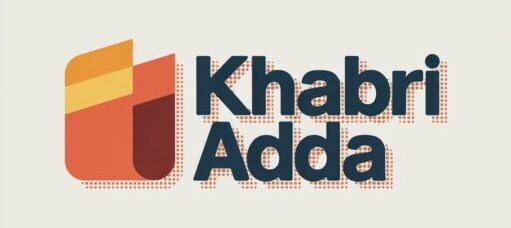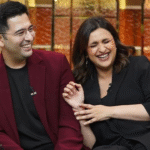Instituted in 1967, the National Film Award for Best Actor in a Leading Role is among India’s highest honors in cinema. Initially named the “Bharat Award” in 1968, it evolved into the Rajat Kamal (Silver Lotus) award by 1975, and since the 70th edition, it has been officially titled Best Actor in a Leading Role.
Over time, a total of 64 awards have been conferred to 49 different actors, spanning performances in multiple Indian languages—Hindi, Malayalam, Tamil, Bengali, Kannada, Marathi, English, and Telugu . Prominent repeat winners include Amitabh Bachchan (4 wins); Kamal Haasan, Mammootty, Ajay Devgn (3 each); and Mohanlal, Mithun Chakraborty, Sanjeev Kumar, Om Puri, Naseeruddin Shah, and Dhanush (2 each) .
71st National Film Awards (Announced August 1, 2025 — honoring films of 2023)
At the 71st National Film Awards, the Best Actor honour was shared by Shah Rukh Khan (Jawan) and Vikrant Massey (12th Fail).
- Shah Rukh Khan received the award for his dual-role performance in Jawan, marking his first-ever National Award in a Bollywood career spanning over 33 years—a moment that fans and critics described as long overdue .
- Vikrant Massey was honoured for portraying an aspiring IPS officer in 12th Fail, a role lauded for its emotional authenticity and narrative depth. This award marks a major milestone in his transition from television to cinema.
Why It Stood Out
This marks a rare tie for India’s top acting honour: SRK’s first and Massey’s breakthrough. The jury, led by Ashutosh Gowariker, highlighted these performances as representing both star power and fresh talent in Hindi cinema .
Historical Highlights — Iconic Winners Through the Years
While a full list is beyond this piece, here are some standout milestones showcasing the award’s evolution:
- Uttam Kumar of Bengal was the first-ever recipient in 1967, acknowledged for two films (“Anthony Firingee” and “Chiriyakhana”) in the same year.
- Amitabh Bachchan holds the record with four Best Actor National Awards, for performances across different decades.
- Other multiple-time winners include Kamal Haasan, Mammootty, Ajay Devgn, Mohanlal, Naseeruddin Shah, and Dhanush—illustrating the award’s pan-Indian recognition .
- Performances recognized have come from eight major languages: Hindi (27 awards), Malayalam (13), Tamil (9), Bengali (5), Kannada (4), Marathi (3), English (2), and Telugu (1).
All time National Film Award Winners
| Year | Actor | Film(s) | Language |
|---|---|---|---|
| 1967 | Uttam Kumar | Anthony Firingee, Chiriyakhana | Bengali |
| Multiple | Amitabh Bachchan | Various | Hindi |
| Multiple | Mammootty | Various | Malayalam |
| Multiple | Kamal Haasan | Various | Tamil/Bengali |
| 2025 | Shah Rukh Khan | Jawan | Hindi |
| 2025 | Vikrant Massey | 12th Fail | Hindi |
🧭 Significance of National Film Award for Best Actor
This award emphasizes acting excellence across India’s diverse cinematic landscape—valuing performances that combine craft, emotional depth, and cultural resonance. It is awarded by the National Film Development Corporation of India, based on the CBFC-certified films from the previous calendar year, as assessed by the appointed jury .
Winning the Best Actor award brings not just a Rajat Kamal and certificate, but also a significant cash prize (~₹200,000), reflecting institutional recognition at the highest level.
The National Film Award for Best Actor continues to serve as a benchmark of performing excellence in Indian cinema. With legendary names like Amitabh Bachchan and Rishab Shetty among its roll-call, and new icons like Shah Rukh Khan and Vikrant Massey joining the list, it bridges eras and linguistic traditions. The 71st Awards especially stand out—not only for co-winners but because it celebrated both a long-deserved veteran and an emerging talent.
Looking ahead, the Best Actor laureate is likely to continue spotlighting diversity, depth, and breakthrough talent across India’s multilingual film landscape.






